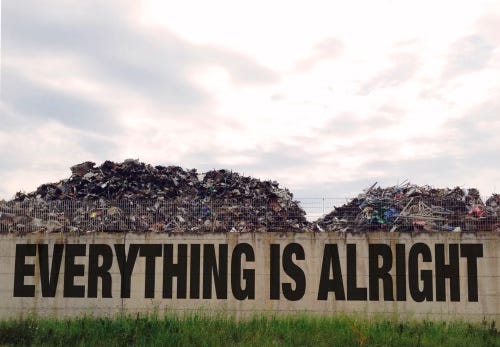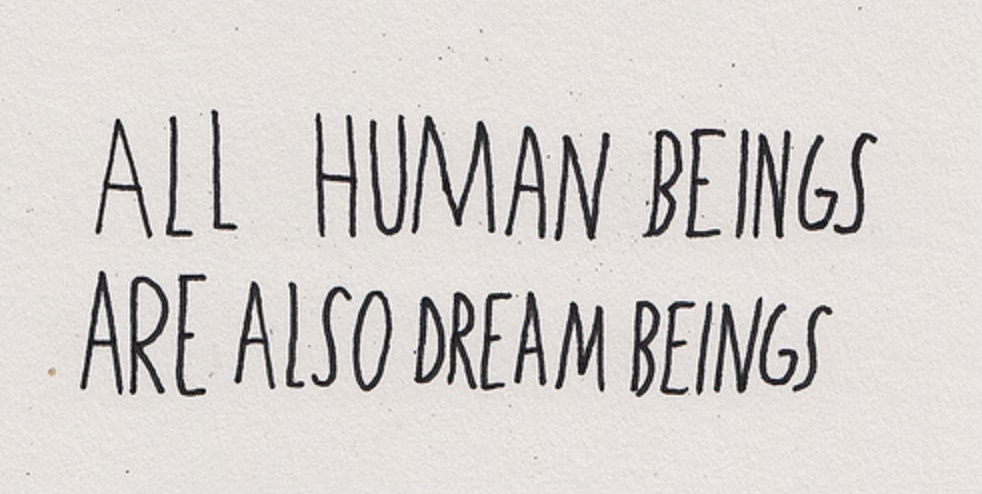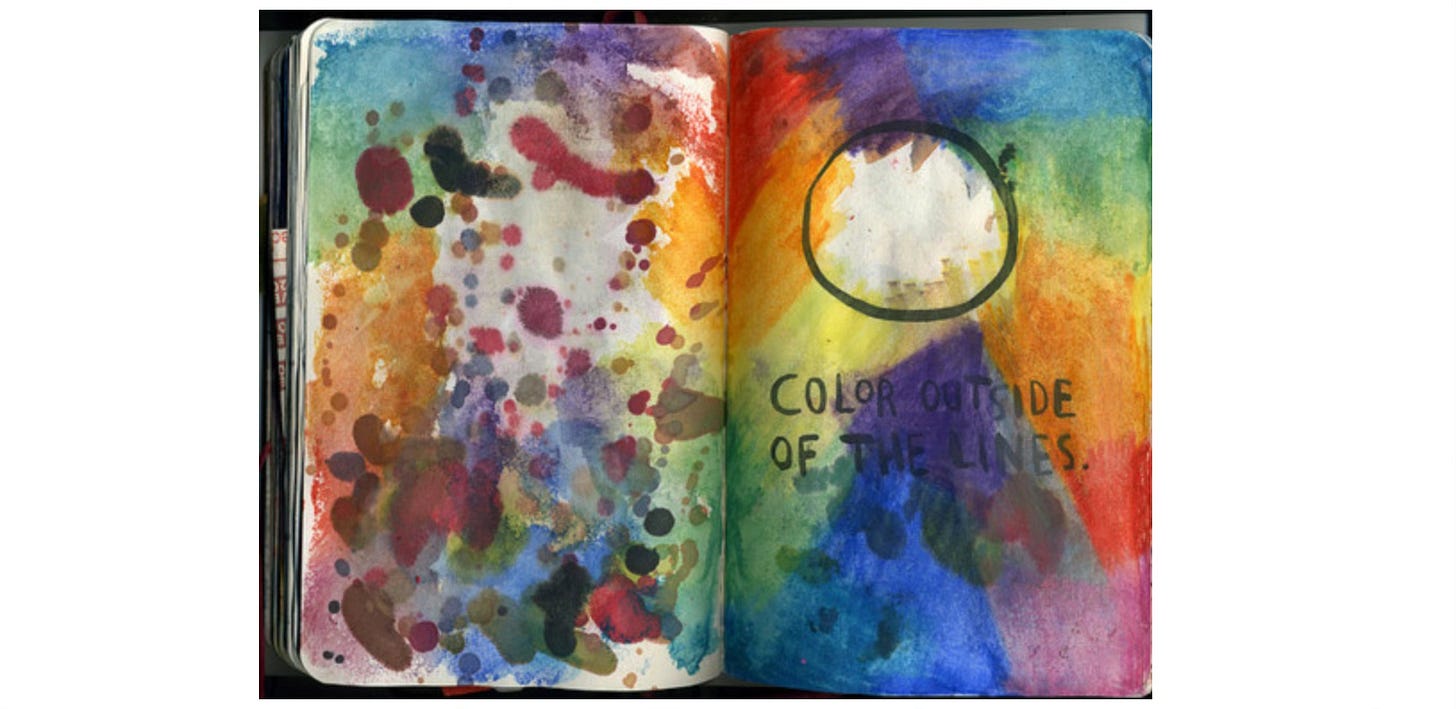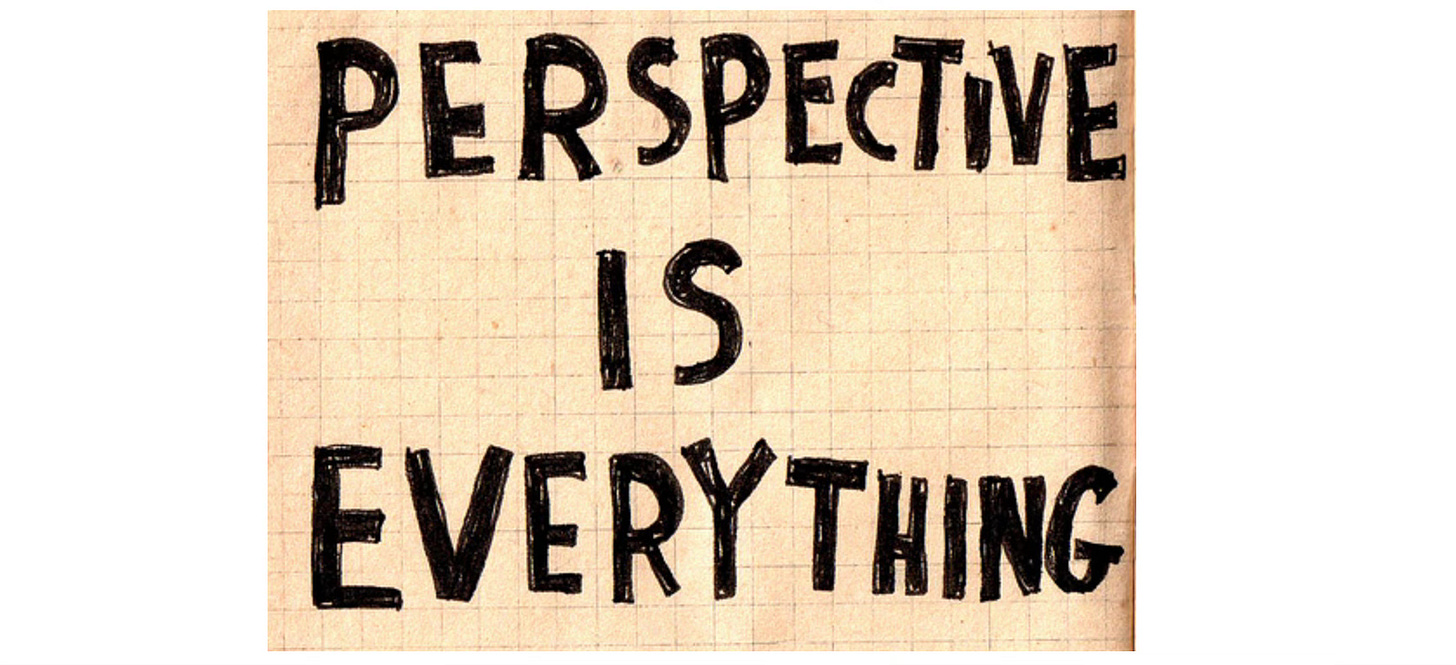🍄 AudioDose Alice on Sonic Mushrooms: Listen to Knowing
🎧 Alice podcasts
📘 Alice books
Cultural-Amnesia, without the memory of ideas and visions, we cannot understand our present, nor face our future.
“We’ve succumbed to a state of false relaxation. It’s time to start looking, at the effects Tomorrowland has on today, and the future. I’m always wondering about how a lot of the vanguard technologies that are being so vacuously ballyhooed right now are going to leave legible traces on people’s everyday lives. In that sense, I follow in the footsteps of thinkers like Walter Benjamin, the philosopher of the 1920’s and 30’s, who said some very prescient things about technology that are really now coming true in spades. Benjamin said we will reach the point of sufficient self-alienation where we will contemplate our own destruction as a sort of sublime spectacle. And you can see this now, I think we are ramping up toward that kind of apocalypse as a dark ride in a post-modern theme park mentality. We live in a moment where any real or original response has been usurped by the TV screen, of post-modern smugness, of life lived in quotes, of quotes in quotes. It becomes a hall of mirrors, layer upon layer of irony, descending down in an endless spiral, and we never reach the bottom. We get representations of representations which ultimately lead to nothing.”—Excerpt from an Alice interview conducted in the late 90’s with Mark Dery, cultural critic, Escape Velocity (rings true today!)
Over the past two thousand years, our world has been predominantly shaped by forces often associated with power, control, and dominance. This dynamic has contributed to the challenges our planet faces today, including environmental degradation, conflicts, and widespread health issues. These aren’t random events; rather, they’re symptoms of a long-standing imbalance in how we approach life and society. Today we are witnessing the results. Real, tangible changes are happening around us, from natural disasters to political upheavals and emergent diseases. Many people now see the connections, there is a growing awareness, particularly among younger generations. They sense that a transformation is underway and are eager to be active participants in creating a new paradigm. This generation recognizes the urgency of re-balancing and is increasingly inclined toward values of cooperation, regeneration, and inclusivity. They feel that the time has come to embrace a more balanced, harmonious energy—one that respects both masculine and feminine principles—to foster a healthier and more connected world.
The call to action: Question the process.
Re-group, Re-evaluate, Re-consider, every thought and idea.
Hello, we’re Alice and we are always in a state of wander. It is becoming relevant for us as human beings to re-group, remember, re-family, re-orientate ourselves. Re-consider, every thought and idea. Simulation have devoured reality, because the public is entrenched in spectacles not reality. News that entertains, rather than informs. Reality has lost its status. We are living in hyper-reality, an era of the simulation of the simulation. It seems like we are suffering from PAI, pre-artificial-intelligence tension. Ideas and established facts are up for grabs, we are living in a splintering culture. Everything is a splinter.
How do we bring cohesiveness?
People are craving human experiences. They’re craving the opportunity to be challenged in their day-to-day media, because people are just living in media, everything we do is about media. At a time when discussions are centered around AI's role across various sectors—whether it's reshaping industries, altering the labor market, or impacting the spread of disinformation—it’s intriguing to see an intellectual like Noam Chomsky, who has profoundly influenced ideas about human cognition, express doubts about this technology's hype. Writing for The New York Times, Chomsky and his co-authors argue: “The human mind is not, like ChatGPT and its ilk, a lumbering statistical engine for pattern matching, gorging on hundreds of terabytes of data and extrapolating the most likely conversational response or most probable answer to a scientific question. On the contrary, the human mind is a surprisingly efficient and even elegant system that operates with small amounts of information; it seeks not to infer brute correlations among data points but to create explanations.”
"We better get good at being human because our old niche will soon be taken.”—Nichol Bradford
Nichol Bradford stands at the forefront of human potential and AI, accelerating human transformation through technology investments, research, and global thought leadership. She has been thinking and writing about the power of language and the metaphors we use to describe ourselves. In Bradford’s post: Rethink Yourself, The New You, she states: "When Henry Ford coined the term ‘cogs’ in the early 20th century to describe workers, he was describing the increased efficiency and cost reduction of industrialization. Little did he know that his metaphor would transition from describing components to data, from man-as-machine to man-as-computer, and unwittingly usher in an era of existential risk for humans unless we update the mental framework yet again. Peter Drucker’s optimized worker theories to Elon Musk’s Twitter musings on our being a part of a computer simulation kind-of worked to roughly describe the way our brains’ problem solve and make decisions — until they didn’t — because now the real machines have arrived and they are better than we ever were at being cogs. Where does that leave us humans? We better get good at being human because our old niche will soon be taken. Luckily, there’s an entire body of neuroscience called embodied and extended cognition where — put simply — your intelligence extends beyond your brain into your body, environment, network and tools. Embodied and extended cognition research documents the full range of human intelligences that we ignored in our race to industrialize. Further, technology has provided a new twist, the ability to confirm that our biology presents an underutilized resource. I believe the path to human thriving, counterintuitively, is more about using technology to rewild ourselves as quickly as we can than adding RAM to our brains. Backed by over thirty years of research that has been accelerating across the last decade, due in no small part to the advent of exponential technologies like AI, networking and sensors, wearables and more, updating our “Human-as-X” metaphor holds the key. What do you think our new metaphor should be? Human-as-_______________"
We are human because we imagine.
Imagination is not merely a skill; it is a quality of mind. As our physical and social technologies co-evolve, becoming inseparable from our biological and social development, how will we reimagine our concepts of wellness, access, ownership, and connectivity? In an article in the online magazine Aeon, the renowned science writer, Philip Ball, considered the concept of imagination and coined the phrase “homo imaginatus.” From a biosocial technological point of view, the one mental capacity that might truly set humanity apart from other species isn’t a skill set or knowledge-base, but more a quality of mind. The more we understand about the minds of other animals, and the more we try (and fail) to build machines that can ‘think’ like us, the clearer it becomes that imagination is a candidate for our most valuable and most distinctive attribute.
Imagination is the essence of humankind.
It’s what our brains do, and in large part it may be what they are for.
Imagination—whether expressed through literature, music, visual art, or even scientific exploration—fuels our brain's quest for meaning. This is why our stories aren’t bound by the laws of nature or constrained to plausible futures. Instead, their greatest value often lies in their ability to free us from the confines of reality, expanding our minds and forging new neural connections. Imagination isn’t an innate gift reserved for a few; it’s a multifaceted quality that we all possess in some form. Some people excel at visualization, others at making associations, rich world-building, or social empathy. Like any mental skill, imagination can be cultivated and nurtured. Whether you’re an advocate of positive thinking or a pragmatic optimist envisioning a regenerative future, one thing is clear: we need our imaginations now more than ever. After all, it’s those who imagine the future who ultimately shape it. ENTER THE NOISE OF IDEAS!
What Else We Are Wandering
Dignity neuroscience:
There's a neurological basis for advancing human rights. We hold these truths to be self-evident..." Throughout recorded human history, written records such as The Magna Carta and The Declaration of Independence have proclaimed that people deserve freedom, security and dignity. Why, despite huge cultural differences across continents and sweeping societal changes across centuries, have the underlying concepts in these declarations of rights remained largely unchanged?
According to scientists at Brown University, it’s because all humans share the same nervous system. They introduce a new concept called “dignity neuroscience” — the idea that universal rights such as such as agency, freedom from want, and freedom from fear, and freedom of expression are rooted in human brain science.
Our sense of touch is unique.
Besides our mind, our body has a language—one that includes the sense of touch, which is unique. In fact, people have a "touch language". A group of researchers from USC Viterbi School of Engineering and Stanford explored if this "touch language" can be sensed remotely. They wanted to see if two companions (platonic or romantic), could communicate and express care and emotion remotely. The baseline for their study found that people perceive a partner's true intentions through in-person touch an estimated 57 percent of the time. They found that when interacting with a device that simulated human touch, respondents were able to discern the touch's intention 45 percent of the time.The study proves that the social meaning and expression conveyed through in-person touch can be communicated remotely.
Mirror neurons are key to imagination.
Why is imitation so powerful? Scientists believe imitation functions through a system of “mirror neurons” which are thought to exist in the brains of all primates. As we watch another person perform an action, mirror neurons fire throughout the motor cortex to map that movement onto our own bodies. This happens whenever we see (or hear) human movement, whether it’s an acrobat, a yoga teacher, or a teenager dancing on TikTok. In studies on unconscious imitation, researchers have found that strangers who subconsciously mirror one another’s body posture and gestures during their first meeting also report more mutual positive feelings. Activities involving synchronized movement can create powerful feelings of unity, and these practices are often the focus for feelings of group solidarity.
‘We create or else’, you help us or you’re out of the picture…
"This is the universe that invented the quark, this is the universe that invented the neutron and proton, this is the universe that invented the atom, and it did these things all by itself — No help from you or me. It then invented galaxies, it invented vast grids of galaxies, and it invented an entirely new metabolic system that we call a sun, a star. Ten million years later when the stars began to die and began to compress hydrogen helium atoms together, it invented ninety new forms of matter. Ninety new kinds of atoms, which made new kinds of molecules possible. And those kinds of molecules invented life, they invented you and me. This universe has had a mandate to create since the very beginning. That has been its motto: ‘we create or else’, you help us or you’re out of the picture. We humans are, we think with consciousness, evolution’s helpers of a whole new kind. Evolution became aware of herself and able and concoct at a much faster speed, then the older speeds of atomic creation, of molecular creation, and atom and planet and star formation. We have this capability. We have to use it like crazy.”—Howard Bloom, Paleopsychologist, ALICE
Craving more?
📘 Alice in Futureland books
🎧 Alice in Futureland podcasts
Thanks for tuning in.
For more wanderings, become an Alice in Futureland subscriber—it's free.
Invite your friends to this mad tea party and let's see how many things we can learn before breakfast.
©2024 Alice in Futureland











